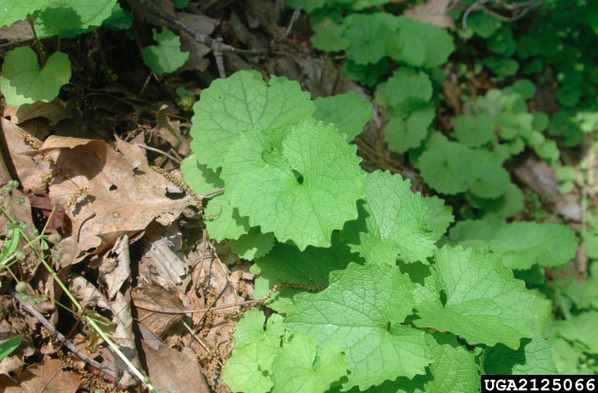Garlic Mustard, or Alliaria petiolata, is native to Europe and usually found from Czechia to Italy. Now the weed can be found in areas such as New Zealand, North Africa and North America. For North America, the introduction was in 1868 with the first reported citing being in Long Island, New York. The spread of Garlic Mustard can be explained by its increase in usage for medicinal purposes and erosion control. Another fun fact, the weed is edible but has different tastes depending on the age. Older populations need to be boiled before eating, but the young ones can be consumed with minimal risk.
Since its introduction to the Cowling Arboretum, the weed has become a troublesome invasive species. Due to its ability to grow up to six feet and self-pollinate, as well as the small size of its seeds, Garlic Mustard can easily displace native species. The seeds can also survive for five years and are constantly spread by organisms doing daily activities such as walking, leading to seed banks forming in different areas. The cover that this weed forms over other native plants limits the amount of sunlight that can reach the lower organisms, thus reducing the population of the smaller species.
Arboretum staff attempt to limit the growth of this population by mainly pulling the plant when spotted. Since Garlic Mustard cannot regrow from root fragments, pulling the plant when seen is an effective method to maintain the population and can be done by anyone. For this reason, when spotted, make sure to pull the plant to take one small step towards containing the spread of Garlic Mustard. In Minnesota, the plant tends to flower in the spring and can be found on trail edges. Keep in mind that Garlic Mustard is shade-tolerant, meaning it can survive with low sunlight levels, so keep an eye out along trails and in bushy areas.
Jose Ortega ’25, for the Cole Student Naturalists












